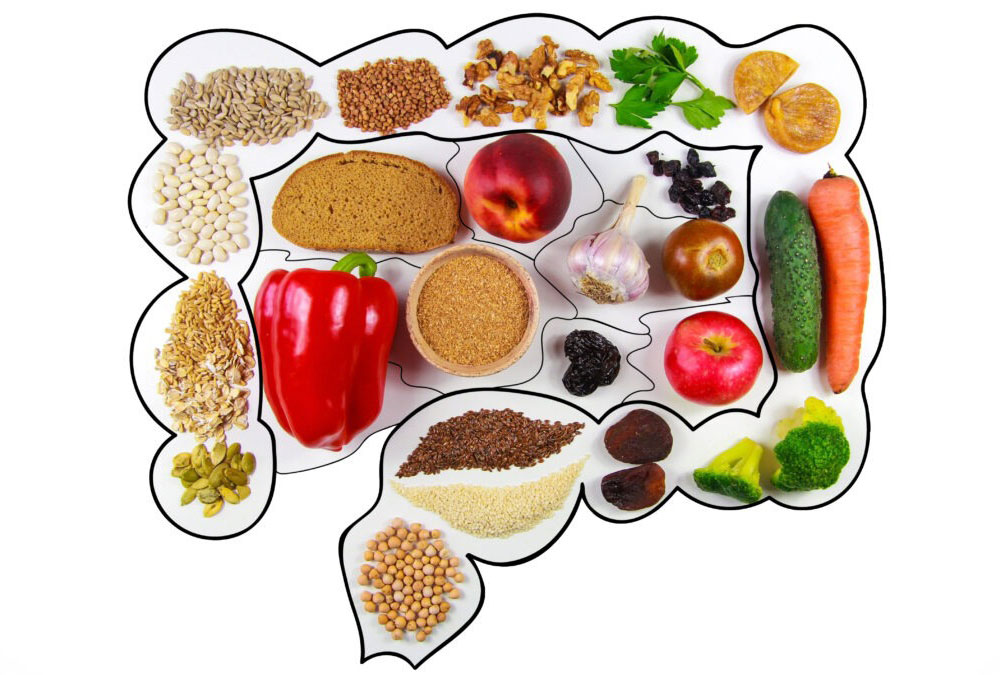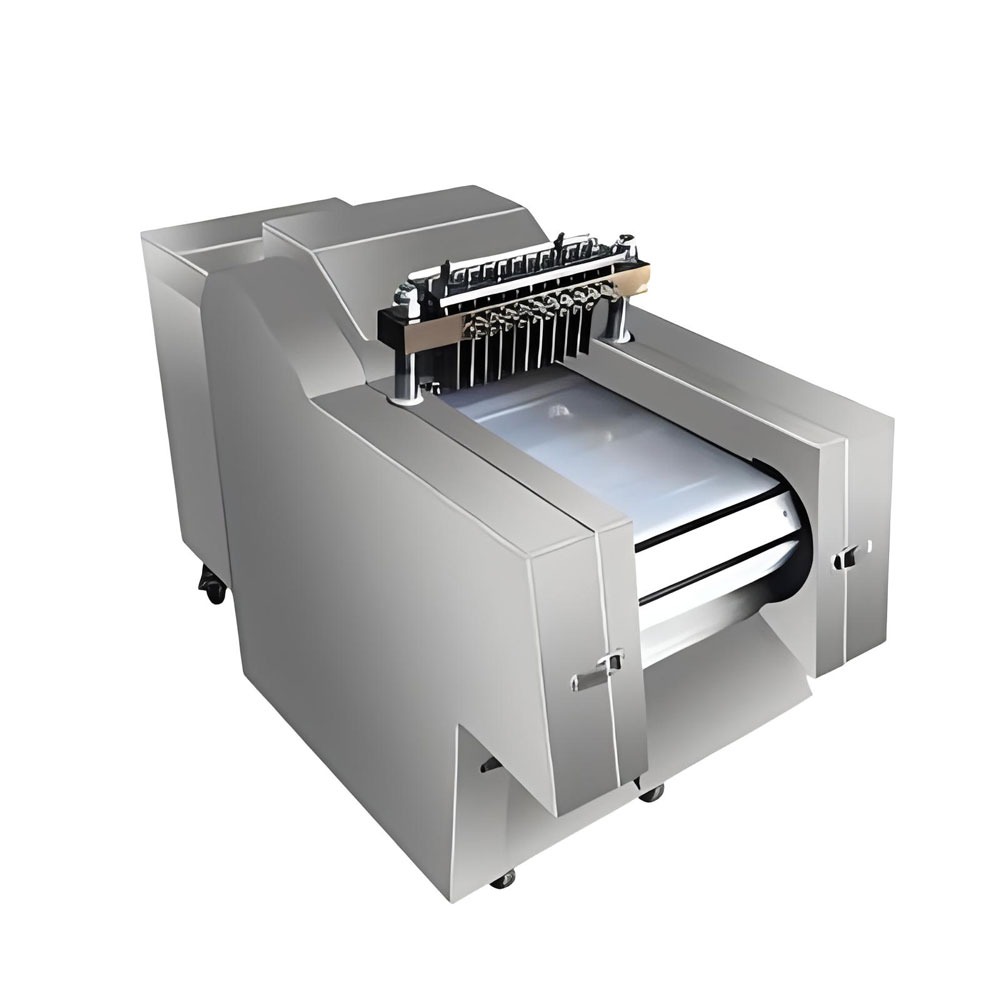How Long Does It Take To Digest Food

Digesting food is a complex process involving various organs and enzymes working in harmony. While the exact time it takes to digest food depends on multiple factors, such as the type of food consumed, an individual’s metabolism, and overall health, there are general timelines and insights that can help us understand this fascinating process.
In this blog, we’ll break down the stages of digestion, the factors affecting it, and ways to promote a healthy digestive system.
The Stages of Digestion
The process of digestion can be divided into several stages:
1. Mouth: The Starting Point
Digestion begins in the mouth, where food is broken down mechanically by chewing and chemically by saliva, which contains enzymes like amylase. This stage usually lasts less than a minute.
- Key Function: Breaking food into smaller pieces.
- Duration: 30 seconds to 1 minute.
2. Esophagus: The Food Highway
Once swallowed, the food travels down the esophagus in a process called peristalsis, which takes about 10 seconds.
- Key Function: Transporting food to the stomach.
- Duration: 5 to 10 seconds.
3. Stomach: Churning and Breaking Down
In the stomach, food is mixed with gastric juices, which contain hydrochloric acid and enzymes like pepsin. This helps break down proteins and prepare food for the small intestine.
- Key Function: Breaking down proteins and killing bacteria.
- Duration: 2 to 4 hours (depending on the meal).
4. Small Intestine: Nutrient Absorption
The majority of digestion and nutrient absorption occurs in the small intestine. Digestive enzymes from the pancreas and bile from the liver assist in breaking down fats, carbohydrates, and proteins.
- Key Function: Nutrient absorption into the bloodstream.
- Duration: 3 to 6 hours.
5. Large Intestine: Water Absorption and Waste Formation
In the large intestine, water and electrolytes are absorbed, and the remaining waste is formed into stool.
- Key Function: Absorbing water and forming waste.
- Duration: 10 to 24 hours.
6. Rectum and Anus: Elimination
Once digestion is complete, waste is eliminated through the rectum and anus.
- Key Function: Waste expulsion.
- Duration: Varies depending on bowel movements.
Factors Affecting Digestion Time
1. Type of Food
- Fast-digesting foods: Fruits, vegetables, and carbohydrates take less time, usually 2 to 6 hours.
- Slow-digesting foods: Proteins and fats take longer, around 6 to 8 hours.
2. Hydration Levels
Water aids in the smooth movement of food through the digestive tract. Dehydration can slow down digestion and lead to constipation.
3. Activity Levels
Physical activity promotes healthy digestion by stimulating peristalsis. Sedentary lifestyles, on the other hand, can cause sluggish digestion.
4. Age and Metabolism
Younger individuals and those with faster metabolisms tend to digest food more quickly. Digestion often slows with age.
5. Health Conditions
Digestive disorders like irritable bowel syndrome (IBS), Crohn’s disease, or gastritis can significantly impact digestion time.
6. Portion Sizes
Large meals require more time to digest compared to smaller, more frequent meals.
Tips to Promote Healthy Digestion
1. Eat a Balanced Diet
Incorporate fiber-rich foods, lean proteins, and healthy fats to support the digestive process.
2. Stay Hydrated
Drinking plenty of water aids digestion and helps prevent constipation.
3. Chew Your Food Thoroughly
Chewing food thoroughly makes it easier for the stomach to break it down, speeding up digestion.
4. Exercise Regularly
Physical activity helps move food through the digestive system more efficiently.
5. Manage Stress
Stress can disrupt digestion, so practicing mindfulness or stress-reducing techniques is beneficial.
6. Avoid Overeating
Eating smaller, more frequent meals reduces the burden on the digestive system.
Common Myths About Digestion
1. Spicy Food Causes Ulcers
While spicy foods can irritate the stomach lining, they do not directly cause ulcers. Helicobacter pylori bacteria and certain medications are the primary culprits.
2. It Takes Seven Years to Digest Gum
While gum is not digestible, it typically passes through the digestive system like other food.
3. Drinking Water While Eating Slows Digestion
On the contrary, water aids digestion by helping to break down food and move it through the digestive tract.
Signs of Digestive Issues
If you notice any of the following symptoms, it may indicate a problem with your digestive system:
- Persistent bloating or gas.
- Chronic constipation or diarrhea.
- Heartburn or acid reflux.
- Unexplained weight loss.
Foods That Support Digestion
1. Fiber-Rich Foods
- Examples: Whole grains, beans, and leafy greens.
- Benefits: Promote regular bowel movements and prevent constipation.
2. Fermented Foods
- Examples: Yogurt, kefir, and kimchi.
- Benefits: Contain probiotics that support gut health.
3. Ginger
- Benefits: Relieves nausea and supports stomach function.
4. Bananas
- Benefits: Easy to digest and help restore electrolytes.
Conclusion
The time it takes to digest food varies widely based on the type of food, individual metabolism, and overall health. On average, a complete digestion cycle can take anywhere from 24 to 72 hours. By understanding the factors that affect digestion and adopting healthy lifestyle habits, you can support your digestive health and overall well-being.
If you experience persistent digestive issues, consult a healthcare professional to identify and address potential problems.



